Graham Reid | | 3 min read
Seya
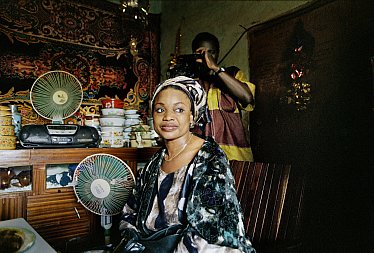
One of the most powerful and expressive voices out of her homeland of Mali -- indeed, out of the African continent -- Oumou Sangare has been a longtime Elsewhere favourite . . . although we conceded when we reviewed her 2009 album Seya we were surprised we hadn't written about any of her previous releases. And we have them all!
She has won numerous world music awards and was signed the World Circuit label in Britain after a recommendation by the late Ali Farka Toure.
Her songs frequently prod the conscience about issues of freedom of choice (especially for women in marriage) and she often referred to as "The Songbird of Wassoulou" after the music of that region.
It is with pleasure then we note she is coming again to the Taranaki Womad and that she took the time to answer our questionnaire . . .
The first musician whose music really affected you was . . .
Ali Farka Touré. He was for me my father. He captured the soul and the goodness of the music from Africa. I always think he left us too soon. He still had many things to say.
Your first appearance on stage before an audience was . . . (And you were how old?)
It was longtime ago. I used to sing with my mom in weddings and parties in Bamako, for me that was my first concerts because people started to call me for my name. Sometimes I had to go to 3 or 4 different weddings same day.
If music was denied you, your other career choice would be . . .
I really don´t know what to answer. Music is my life, so probably I wouldn't be in this planet.
The three songs (yours, or by others) you would love everyone to hear because they are so emotionally moving are . . .
Moussoulou, it's from my first album. It´s special for me because it means the start of my career as professional artist.
Seya, because it talks about the joy of life. And then it´s no just one but all the songs that will be in my last album.
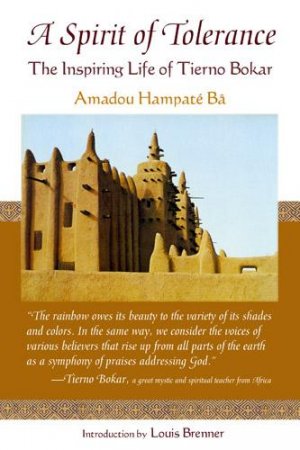 The most unusual
place you have performed would be . . .?
The most unusual
place you have performed would be . . .?
I played several times at private parties in all around Africa. What happen there stay there . . . but many unusual episodes lived.
The most important book you have read is . . .? And why?
The Spirit of Tolerance by Hampaté Ba. It talks about how you can spread a message with complete tolerance and respect. It's about the inspiring life of Tierno Bokar. Hampate ba he is a writer from Mali and he is so pure and necessary to read from everybody who wants to understand Africa.
If you could get on stage with anyone it would be . . . (And you would play?)
Many artist I admire. Alicia Keys I felt one time something very real with her. Also Esperanza Spalding I love to play with. With both I already experience but if I could chose somebody is not here anymore I would say Cesarea Evora, Miriam Makeba or... Michael Jackson!
The three films you'd like anybody watch because they might understand you better are . . .
Mali Blues, Tombouctou and no long time ago I watched a small and independent movie filmed by An american guy. The movie is called Akounak, about a guitar player and singer called Mdou Moctar who lives in Agadez, Niger, and he fights for his dream to become an artist against his father will. It's a nice movie.
The last CD, vinyl album or download you bought was . . .
I was listening lately St Germain new album. I like the new African atmosphere mixed with new and modern grooves.
When you travel, what is it you most miss about your home country?
My people obviously. I miss them all. I see many people during a day in Bamako. Even if I stay at home many people come to visit me to tell me about their lives.
The artist you most admire would be . . .
There is not just one. As said at the beginning Ali Farka, Miriam Makeba,
Your favourite meal to share with friends would be . . .? (Care to share a simple recipe?)
I love Malian food, Djouka de fonio, it's a couscous with vegetables or chicken with rice. We usually share food with a lot of people. I never have meal alone.
Do you practice every day, and if so for how long?
Everyday I sing. In Mali every moment has a singing ceremony. So when I go to the street stories are told singing. When people ask me, they sing. It's a way to communicate so my voice is always on.
David Bowie sang, “Five years, that's all we've got . . .” If that were true, you would spend them where, doing . . .?
At my home in Bamako. No doubts.
And finally, do you have any unrealised goals in music?
I wanna spread my music as far as possible. I think this is the goal of every artist. So that´s why I am so glad to be back in Australia and New Zealand
.
For details on Womad artists and booking information go here.
.
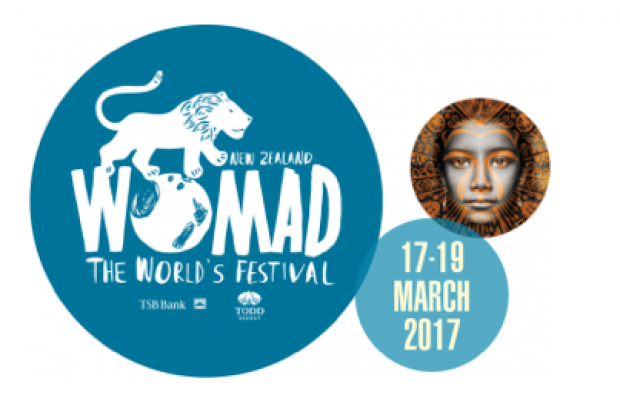

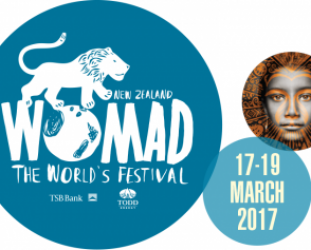
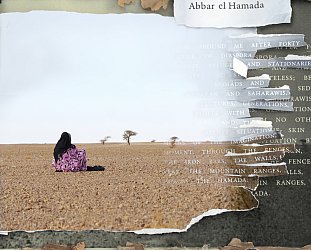

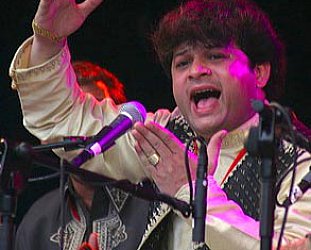
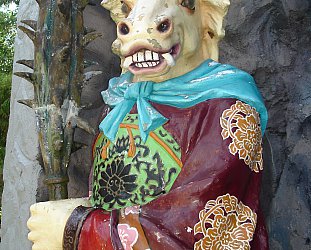

post a comment